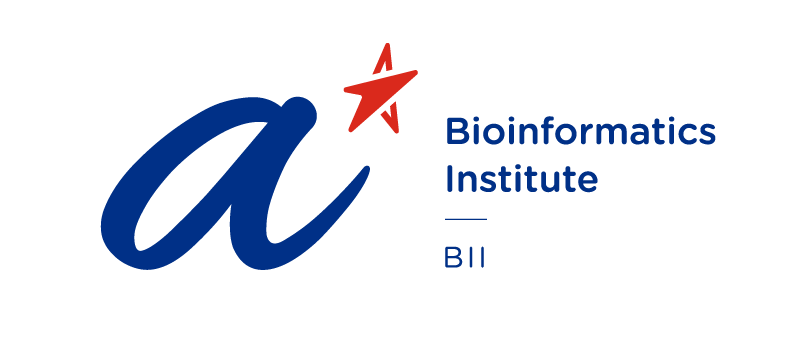Chan YS
Multimodal molecular landscape of response to Y90-resin microsphere radioembolization followed by nivolumab for advanced hepatocellular carcinoma
Combination therapy with radioembolization (yttrium-90)-resin microspheres) followed by nivolumab has shown a promising response rate of 30.6% in a Phase II trial (CA209-678) for advanced hepatocellular carcinoma (HCC); however, the response mechanisms and relevant biomarkers remain unknown.
ReadMultimodal molecular landscape of response to Y90-resin microsphere radioembolization followed by nivolumab for advanced hepatocellular carcinoma
This study unraveled extensive molecular changes underlying distinctive responses to the novel treatment and pinpointed new directions for harnessing combination therapy in patients with advanced HCC
ReadNew High-Throughput Screening Identifies Compounds That Reduce Viability Specifically in Liver Cancer Cells That Express High Levels of SALL4 by Inhibiting Oxidative Phosphorylation
BACKGROUND & AIMS: Some oncogenes encode transcription factors, but few drugs have been successfully developed to block their activity specifically in cancer cells. The transcription factor SALL4 is aberrantly expressed in solid tumor and leukemia cells. We developed a screen to identify compounds that reduce the viability of liver cancer cells that express high levels of SALL4, and we investigated their mechanisms.
Read